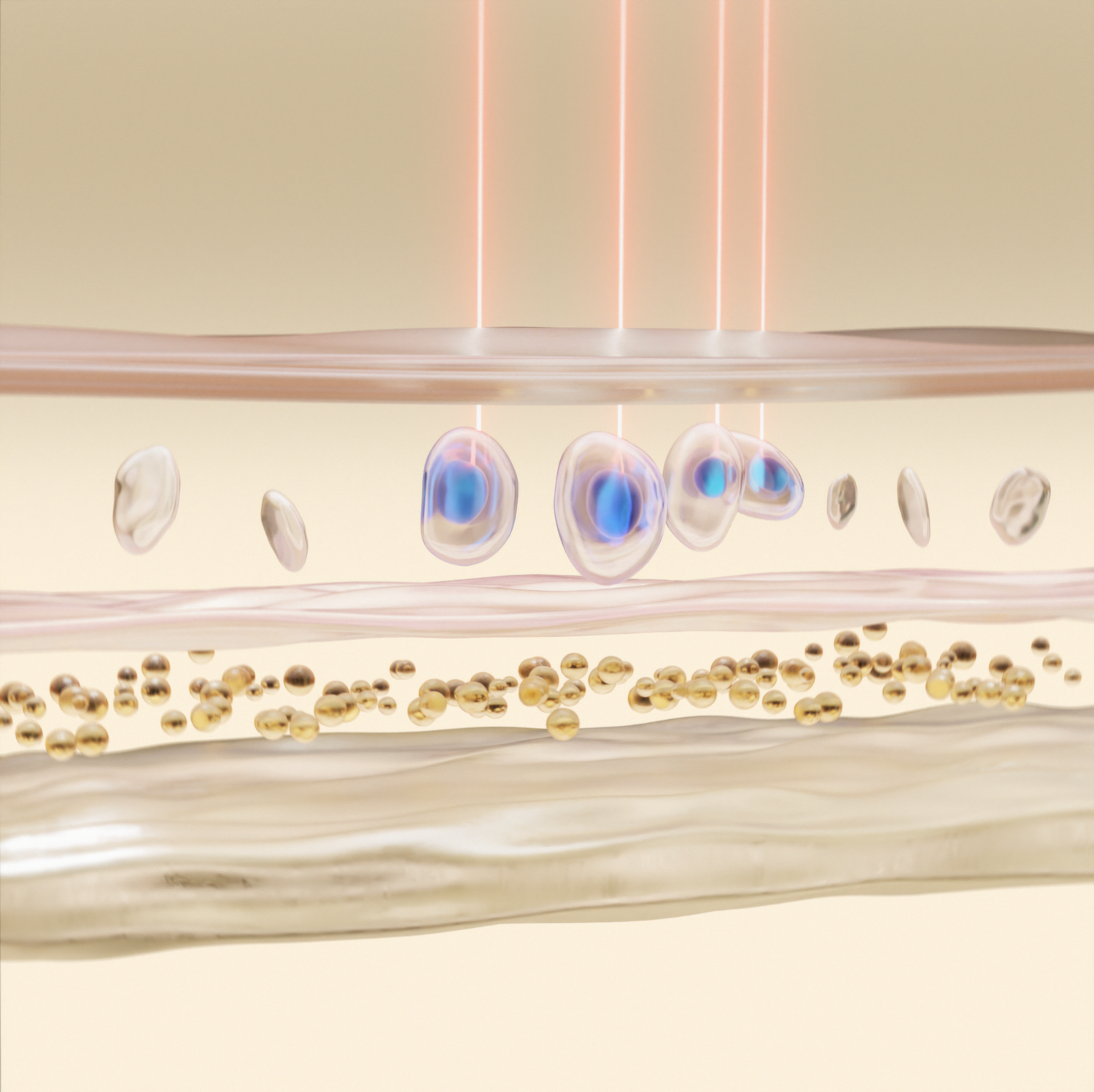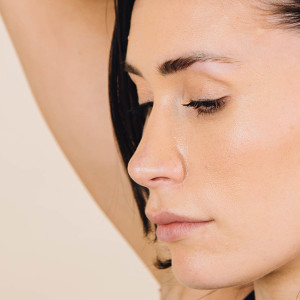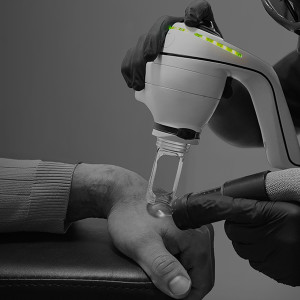What’s my Fitzpatrick skin type?
One of the first questions people ask when researching tattoo removal for darker skin is about how we use the Fitzpatrick scale.
Pioneered in the 1970s by US dermatologist Thomas B. Fitzpatrick - once described as “the father of modern academic dermatology” - the scale estimates how different types of skin respond to UV light.
So what Fitzpatrick skin type are you? And why does it matter for laser tattoo removal?
The scale organizes the multiplicity of humanity into six numbered skin types. How it is used varies between professions but typically it lists the responsiveness to UV light, or the skin’s chances of tanning, and sometimes, includes a description of the skin color.
We use the Fitzpatrick scale to ensure that treatments with the LightSense® laser are skin-safe and skin-kind.
From 1970s skincare to today's emoji.
Perhaps Fitzpatrick’s most well-known influence has been on social media, as a projected six billion people by 2027 type away on their phones, holding down and choosing from a range of emoji modifiers.
Back in 2015 the Unicode Consortium introduced the five emoji modifiers for our phones (conflating Fitzpatrick skin types 1 and 2) based on the scale.
Publish Date in article
The expert opinion on Fitzpatrick
For NAAMA’s experts, the Fitzpatrick scale assists them in making sure that treatments are skin-safe and skin-kind.
“We determine your skin tone and create a bespoke treatment plan based on the scale,” says Leslie, who deals with NAAMA’s clients.
“Currently, our experts can treat black ink on all skin tones. However we can only safely treat colored inks on Fitzpatrick 1-3 skin types.”
If you would like to know more about how effective the LightSense® laser is with colored inks, why not book a consultation and discover exactly what can be achieved?
The risk is that if used with Fitzpatrick 4-6 skin types, the laser could damage melanocytes, the skin cells that contain the pigment melanin, and cause scarring.
Our experts effectively and responsibly utilize the Fitzpatrick scale.
Publish Date in article
KUNDAI VISITS NAAMA
“I made the phone call, and they told me, ‘we treat your skin type.’ I was ecstatic.”
Kundai and Emma’s experiences
Skin safety was foremost in Kundai’s mind when he came to NAAMA looking to clear a tattoo that no longer aligned with his passion for fitness.
“To be honest, I didn’t really know about laser tattoo removal, especially for different skin types,” he says.
“But I came across a Trustpilot review – and it was very, very, promising – I saw a few thumbnails of customers with a similar skin type to mine.”
After speaking to the experts at NAAMA, Kundai was reassured that he could achieve the results he was looking for. “I made the phone call, and they told me, ‘we treat your skin type.’ I was ecstatic.”
For Emma, who was unhappy with the placement of a tattoo she got when young, the risk of scarring led her to spend some serious time researching laser tattoo removal.
“I had been researching NAAMA for years,” she says. “Being someone with darker skin, I was quite worried about scarring and any permanent damage. I wanted to make sure I was being safe with my skin, rather than rushing the removal.”
As with Kundai’s experience, it was speaking with the experts that allayed Emma’s concerns. “I came in for a consultation and learned you were using a more advanced laser than anyone else. A lot of places say there can be risks when the skin has a lot of pigment, so for me NAAMA’s skin-safe technology was important.”

The LightSense® laser clears black ink from all skin types. It is safe, effective, and carries a low risk of scarring, especially when used in conjunction with the Fitzpatrick scale.
Read more about the results we can achieve with colored ink here or contact one of our nurses.
Talk to one of our experts to start your removal journey







